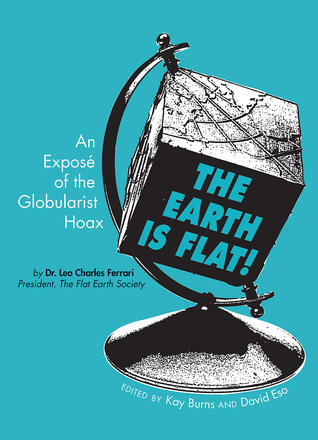
The Earth is Flat!
An Exposé of the Globularist Hoax
A long-forgotten philosophical satire about the nature of knowledge and truth, which, in an age of “fake news,” possesses renewed relevance.
Description
Kay Burns and David Eso’s edition of Leo Ferrari’s The Earth Is Flat! introduces us to a long-forgotten satirical work, which, in an age of fake news, possesses renewed relevance. Ferrari, a philosopher by training, draws on his extensive knowledge of classical thought to present a history of ideas that is sometimes accurate, but more frequently speculative. He traces the conflict between “Globularist” and “Planoterrestrial” beliefs from antiquity to his contemporary moment of the early 1970s. He also charts the tongue-in-cheek activities of the Flat Earth Society of Canada, which he co-founded in 1970 with celebrated authors Alden Nowlan and Raymond Fraser. Other notable members included literary luminaries Al Pittman, Farley Mowat, Gwendolyn MacEwen, and Patrick Lane. The author blurs the line between seriousness and humour in the interests of exploring philosophical concepts such as the nature of belief and the implications of technological modernity.